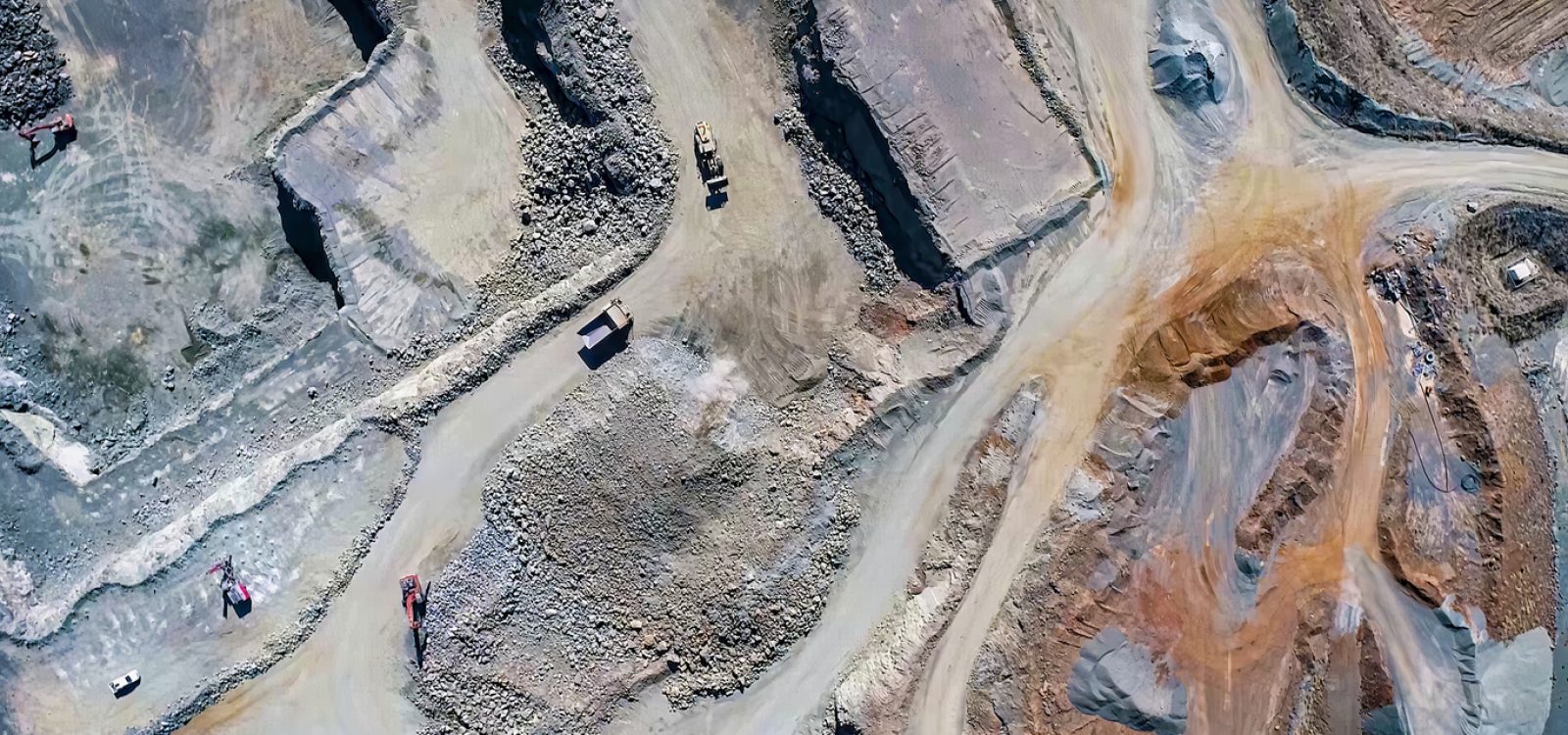
Galilee Basin coal mine in Queensland rejected using expert actuarial evidence
The proposed development of the Waratah Coal mine (owned by Clive Palmer) has been blocked by the Queensland Land Court because the burning of its coal overseas would cause environmental damage, worsen global climate change and limit the human rights of Indigenous people and Queensland children, a landmark court judgment has found.
If the Galilee Coal mine project had proceeded it would have been the biggest thermal coal mine in Australia, producing almost four times the coal of the Adani mine.
The Land Court ruling is the first time a Queensland judge has recommended rejecting a mine based on the climate impacts of coal burnt overseas. It is also the first time Queensland’s Human Rights Act has been used to object to a mining project on climate change and Indigenous cultural rights grounds.
In a judgement handed down on 25 November 2022, the Land Court President, Judge Kingham recommended the Queensland government deny Waratah Coal’s applications for a mining lease and environmental authority for an open-cut and underground thermal coalmine near Alpha, in the Galilee Basin in central Queensland.
This case is about Queensland coal, mined in Queensland, and exported from Queensland to be burned in power stations to generate electricity,” Judge Kingham said.
“Wherever that coal is burnt, the emissions will contribute to environmental harm, including in Queensland.”
She added: “The climate scenario consistent with a viable mine risks unacceptable climate change impacts to Queensland people and property, even taking into account the economic and social benefits of the project.”
The case featured evidence from experts in the environment, coal markets, climate change, economic analysis and an actuary, Tony Coleman.
Tony gave evidence that quantified the anticipated present and future economic impact of climate change on the State of Queensland, including the impact of cyclones, floods, coastal inundation, bushfires and heatwaves. The actuarial evidence was found to be important because the cost benefit analysis (CBA) put forward by Waratah Coal did not include any costs attributable to greenhouse gas emissions from burning the coal mined nor the likely economic impact on Queensland of the climate change impacts from ongoing greenhouse gas emissions.
To put this in context, the Waratah Coal CBA placed the net present value of the economic benefit of the project proceeding in the range of $2,516 million to $ 4,088 million depending upon various assumptions used. In contrast, the actuarial evidence quantified the range of the costs per annum of climate change to Queensland from 2022 until 2100 at between $5,377 million p.a. and $19,020 million p.a. depending upon the climate change scenario being considered.
This comparison reinforced the view of the Court that the cost benefit analysis put forward by Waratah Coal did not adequately account for the cost to the Queensland community of the combustion emissions that would flow from the project.
The Court also found that if the mine was approved, it would make it more difficult to meet the Paris climate change goals because burning its coal would emit an estimated 1.58 gigatonnes of carbon dioxide between 2029 and 2051.
Judgments of the Land Court are not binding on the state government, but ministers traditionally abide by court decisions once appeals have been exhausted.
A group called Youth Verdict, representing Queensland young people, and the Bimblebox Alliance (formed to protect a nature reserve impacted by the proposed coal mine) brought the court action, represented by the Environmental Defenders Office.
EDO senior solicitor Alison Rose said it was not the first time that a court had considered the impact on the Queensland environment of burning its coal overseas, but it was the first time the Land Court had made a decision to refuse a mine on that basis.
“The key difference is that, in previous cases, the coalmining companies were quite successful at arguing that if this coalmine didn’t go ahead, then another coalmine would just go ahead – the market substitution argument,” she said.
“However, the science of -climate change has rapidly advanced and we also used a coal market analyst, and they were able to demonstrate that based on Waratah Coal’s own modelling … that essentially, we can have a safe climate without the coalmine but we can’t have one with it.”
Other key differences are that the earlier cases were heard before Australia committed to adopting the 2015 Paris Agreement targets to limit global greenhouse gas emissions and before Queensland passed a Human Rights Act 2019.
Where other judgments have focused on direct impacts on Queenslanders from projects based on considerations such as groundwater and wildlife, the Waratah case expanded to consider the human rights of Queenslanders who would be affected by climate change.
The judge’s decision will set a precedent for future Land Court hearings but its application is still at the discretion of Queensland’s Resources Minister Scott Stewart and the Environment Department.
CPD: Actuaries Institute Members can claim two CPD points for every hour of reading articles on Actuaries Digital.






